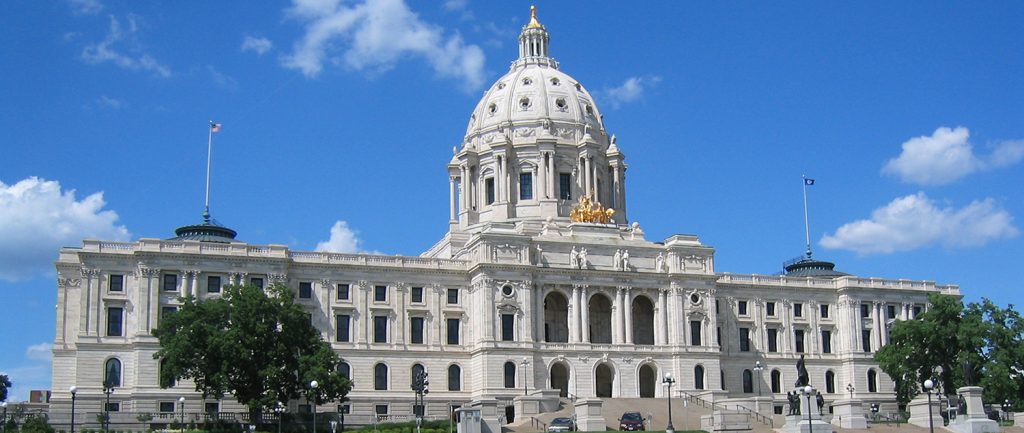The Governors’ Biofuels Coalition announced today that Iowa Governor Kim Reynolds will serve as chair and Minnesota Governor Mark Dayton will serve as vice chair of the Coalition through 2018.
For over 20 years, the Governors’ Biofuels Coalition has provided regional and national leadership on biofuels policy development. The bipartisan group is comprised of governors from across the nation.
“Minnesota has long been a national leader in adding value to our farm products and supporting the development of alternative fuels,” said Governor Mark Dayton. “Biofuels create new markets for Minnesota corn and soybeans, protect air and water quality, and reduce our dependence on fossil fuels. I look forward to working with Governor Reynolds to advance biofuel production, and support our farmers.”
Governor Reynolds and Governor Dayton both thanked Nebraska Governor Pete Ricketts for his leadership of the Coalition over the past year and for his tireless national efforts to strengthen renewable energy policy.
Governor Dayton’s Biofuels Leadership
Under Governor Dayton’s leadership, Minnesota has nearly finished its Biofuels Infrastructure Partnership (BIP) grant program, has implemented a standard for a 10 percent biodiesel blend (B10), and this May will implement a 20 percent (B20) standard.
The $8 million USDA BIP award to Minnesota leveraged $12 million from the state, ethanol plant partners, and retailers, and will result in the retrofit or installation of 774 ethanol compatible pumps, 44 underground tanks, and three above-ground E15 tanks. The program is already expanding availability of higher ethanol blends, increasing the use of E15 sevenfold since 2016.
The biodiesel blending requirements have contributed to growth of an industry that today has the capacity to produce 85.5 million gallons of biodiesel and generates an estimated economic impact of nearly $1.7 million and over 5,000 jobs.




